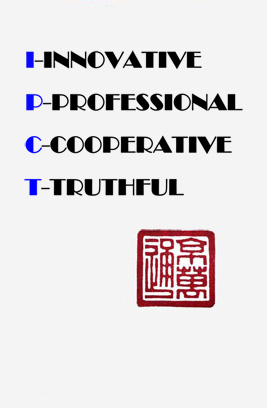
|
|
Typical Cases of Criminal IP Enforcement Issued by SPC and SPP Counterfeiting Registered Trademarks Case
【Basic Facts】 “ 【Judgment Result】 The Third Branch of the Shanghai People’s Procuratorate accused the defendant Shanghai XX Education Technology Co., Ltd. and the defendant Yao of the crime of counterfeiting registered trademarks and filed a public prosecution with the Shanghai Third Intermediate People’s Court. After trial, the Shanghai Third Intermediate People’s Court held that Shanghai XX Education Technology Co., Ltd. used the same trademark as the registered trademark on the same service without the permission of the registered trademark owner, and Yao was the directly responsible supervisor of the unit, both of which constituted the crime of counterfeiting registered trademarks, and therefore sentenced them to punishment. 【Typical significance】 The “Amendment to the Criminal Law of the People’s Republic of China (XI)” amended Article 213 of the Criminal Law, bringing the counterfeiting of registered service trademarks into the scope of regulation of the Criminal Law, and strengthening the criminal protection of registered trademarks. In this case, it was determined that the education and training services provided by the defendant unit and the services approved for use by the service registered trademark of the right holder were the same type of services, and the training fees collected by the defendant unit were used as the basis for conviction, which was in line with the provisions of the Criminal Law. The “Interpretation of the Supreme People’s Court and the Supreme People’s Procuratorate on Several Issues Concerning the Application of Laws in Handling Criminal Cases of Infringement of Intellectual Property Rights” further clarified the identification standards for “the same type of service” based on the actual situation such as the characteristics of the service industry, stipulated that the amount of illegal income was the standard for conviction of the crime of counterfeiting registered service trademarks, and further clarified that the service fees collected by the perpetrators were illegal income. Source. www.spp.gov.cn |
|


